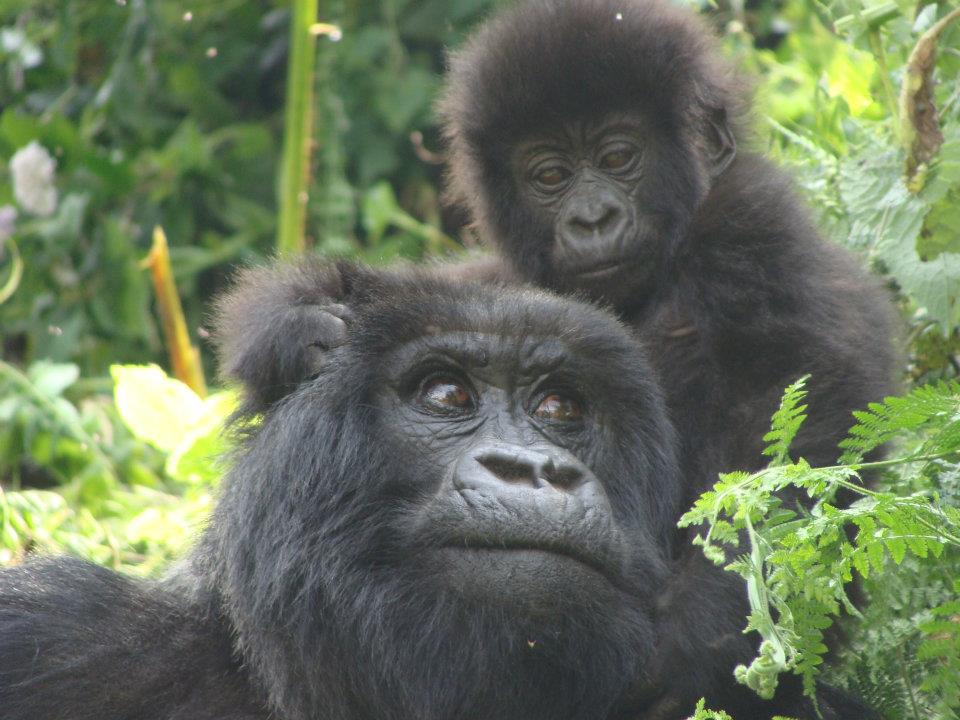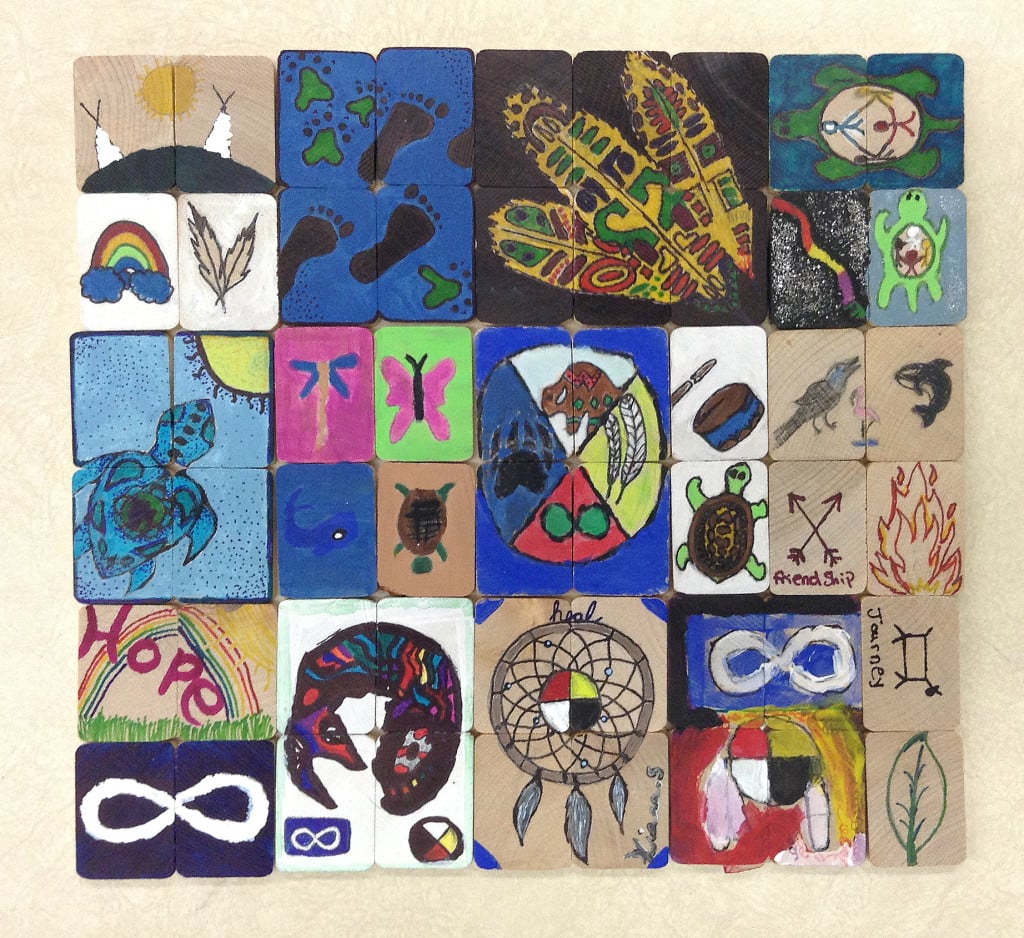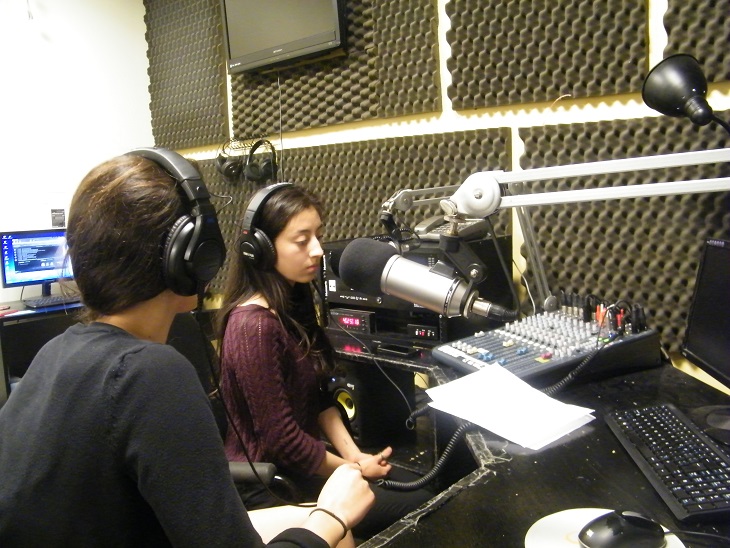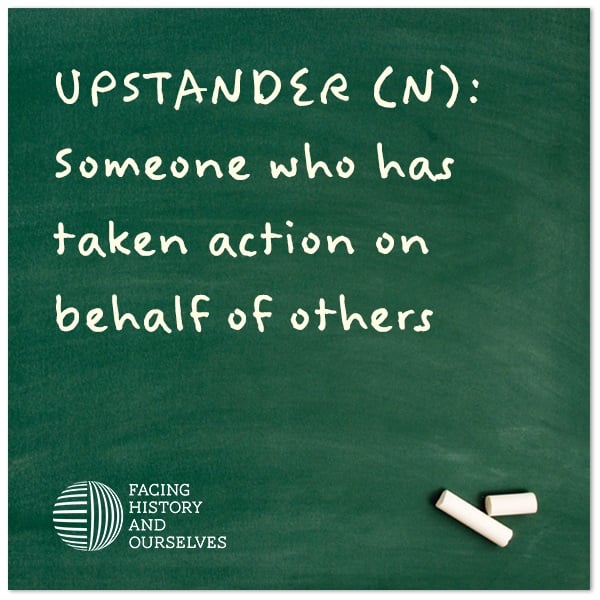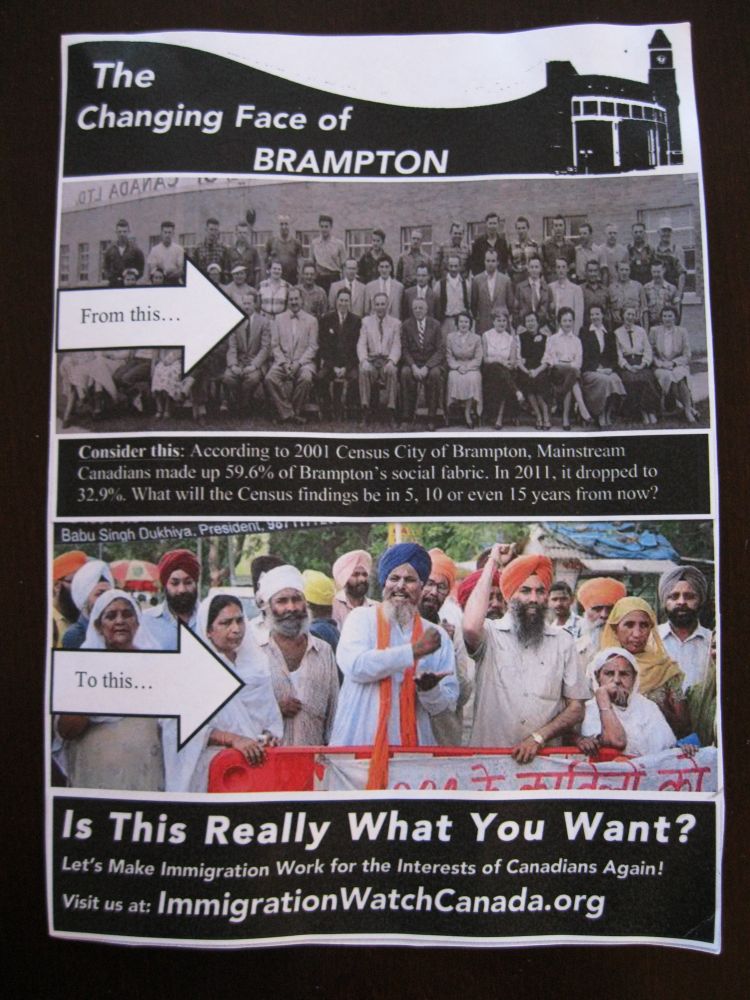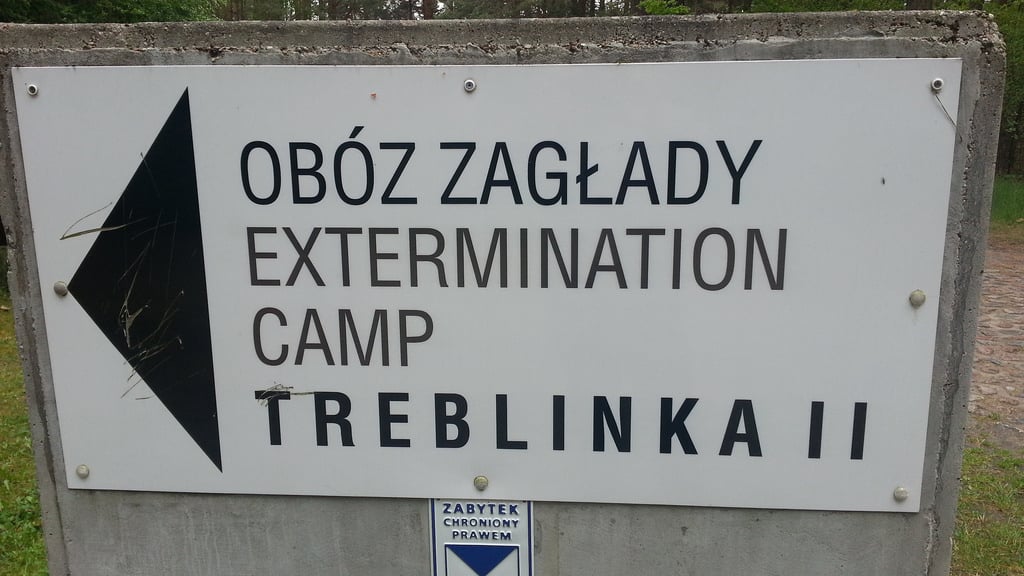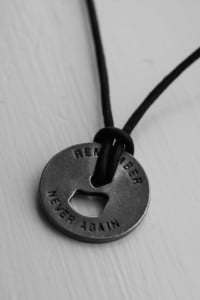Over the past three months Facing History and Ourselves, in partnership with Regent Park Focus and with funding from Mozilla Hive Community Projects, worked with students from several Toronto District School Board high schools to create short radio pieces exploring issues important to local youth. This project was called RadioZilla.
Topics: Choosing to Participate, Facing History Resources, Identity, EdTech, Innovative Classrooms, Media Skills, Technology, Radiozilla, Inside a Genocide Classroom, Personal history
Last Thursday I spent the morning working with a group of educators in Hamilton, exploring a Facing History pathway through the new Ontario Grade 10 Canadian History curriculum. It was a morning full of rich conversation and learning about both Canada’s history and its present, and how they inform each other. We began the morning with an activity using poetry to discuss the first step of the Facing History and Ourselves Journey: Identity. We talked a lot about what it meant to be Canadian in the past and what it means to be Canadian today. How have we changed? How have we remained the same? Who are the individuals that make up "we"?
Topics: Identity, History, legacy, In the news, Personal history
The beginning of any Facing History and Ourselves journey is an investigation of identity and membership. As we study these concepts in history, we see the impact that they have on the way that people see the world and the choices that they make. We all have our own individual and group identities – but how do we expand those? How do we include more people, more 'others,' in our universe of obligation?
Topics: Choosing to Participate, Identity, We and They, Personal history
Six years ago, Prime Minister Stephen Harper made a public apology on behalf of all Canadians for the residential schools the government of Canada created in the 19th century that plagued the fabric of Canadian history for generations to come. Between 1880 and 1996, more than 150,000 First Nations, Inuit, and Métis children were forced into Indian residential schools and thousands did not survive. Those that did survive suffered a loss of language, culture, family, and self. Many suffered abuse at the hands of those who were supposed to care for them.
Topics: Art, Choosing to Participate, Human Rights, History, Innovative Classrooms, Memorial, We and They, Culturally Responsive and Relevant Pedagogy, Social Justice
This semester Facing History students from across the greater Toronto area have been busy learning the ins and outs of digital storytelling - writing, editing, interviewing, and developing media skills in order to produce on social justice-oriented radio segments that will broadcast on Radio Regent. The youth-led audio documentaries will explore critical topics such as identity, bystander behaviour, religion, upstanders in history and today, and standing up for others.
Topics: Art, Events, EdTech, Innovative Classrooms, Media Skills, Technology, Radiozilla
This April, students at the Thomas Street Middle School (TSMS) in Peel took a stand against bullying and homophobia and what they did will amaze you. Watch this video then read on to learn more:
Topics: Choosing to Participate, current events, Middle School, Social Justice
Facing History Students in Brampton Counter Anti-Immigration Flyer with Positive Message
Posted by Ben Gross on May 28, 2014
Topics: Choosing to Participate, Human Rights, Identity, Innovative Classrooms, current events, We and They, In the news, CHG, Social Justice
Today Facing History announced the recipients of its annual Margot Stern Strom Innovation Awards, which grew out of a teaching award established in 2006 to recognize Facing History-trained educators who are thinking outside-the-box to transform schools and impact student learning.
This year, we awarded over $42,200 to fund 19 classroom projects around the world that focus on technological innovation and collaborative learning, including one of our own educators in Canada!
Topics: Art, Identity, Innovative Classrooms, CHG
This week, our office director Leora, along with several other Facing History staff and board members, are traveling in Poland as part of a learning trip. Over the course of nine days, they are exploring questions about history, memory, and legacy that are at the core of our work. With the help of Polish and Jewish scholars, witnesses to history, community activists, politicians and journalists, as well as organizations that have worked with Facing History throughout the past 25 years, they will be challenged to think in new ways as we confront the past and struggle with questions about the present and future. On Monday, Leora and the group visited the Treblinka extermination camp. Read her thoughts here:
Topics: Antisemitism, Facing History Resources, Holocaust, History, Museum Studies, Holocaust Education, Memorial, Personal history
I wear a pendant around my neck. It’s about the size of a quarter and it has the silhouette of a solitary candle carved out of the middle. Written around the candle are the words Remember and Never Again. It’s a simple, yet powerful design. A student, noticing this, asked me why I often wore it and what it meant. Instead of answering the question directly, I turned it back to her. I told her that a friend of mine had bought it for me at the United States Holocaust Memorial Museum in Washington D.C. and I asked her why we study the Holocaust. Why do we need to remember?
Topics: Art, Facing History Resources, History, Memorial, Strategies, Genocide and Crimes Against Humanities Course, Lesson Ideas, CHG


